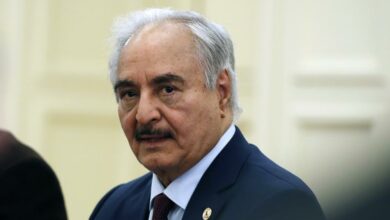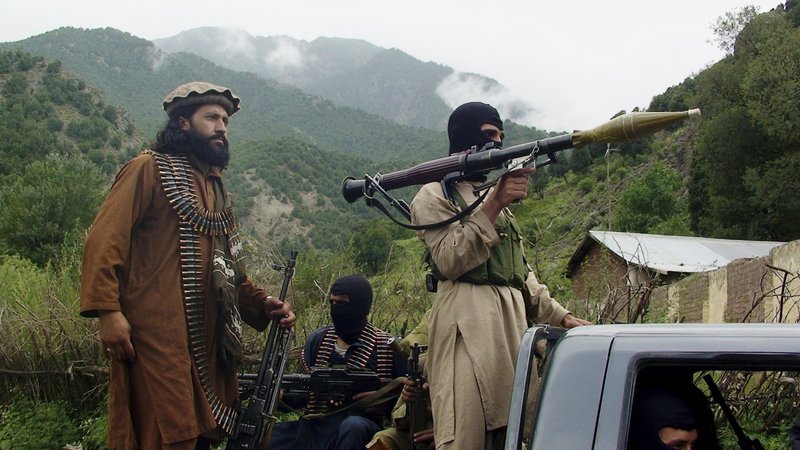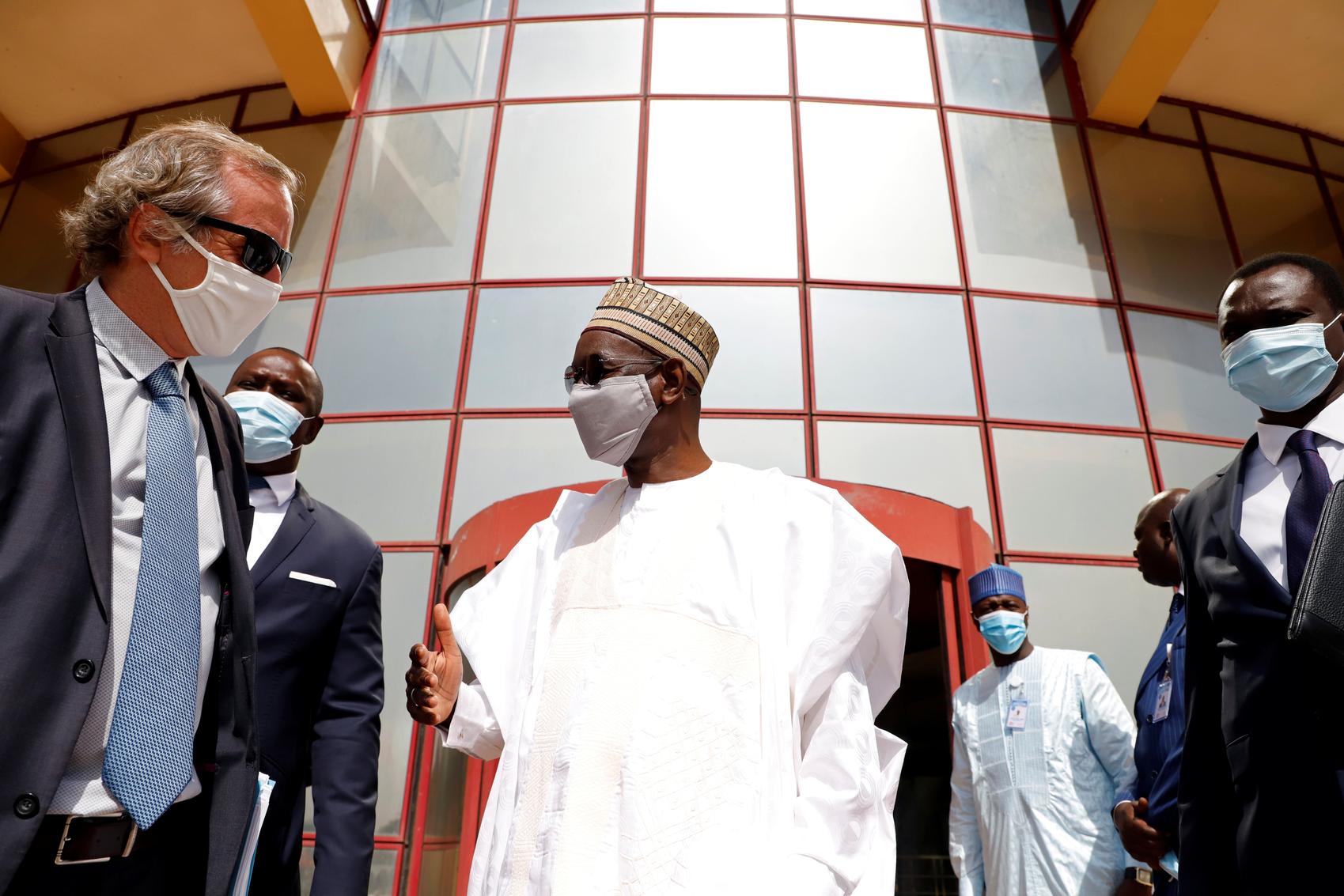Updates on the prosecution of key figures of former president Hosni Mubarak' regime dominate the headlines of most newspapers on Sunday.
On Saturday, the Cairo Criminal Court postponed until 26 June the trial of former Interior Minister Habib al-Adly and six of his assistants for killing protesters during the 25 January revolution after clashes broke out between security forces and martyrs’ families, angry because they had been prevented from attending.
One of the plaintiff's lawyers demanded that Mubarak face similar charges, which was met with resistance by the court, causing further clashes among the lawyers, reports the state-run Al-Ahram.
Violence also erupted in front of Attorney General Abdel Maguid Mahmoud’s office on Saturday, between Mubarak sympathizers and those insisting on his trial, reports privately-owned Al-Dostour.
Saturday also saw the first hearing over corruption charges – related to awarding a contract for the supply of new car license plates without going through legal procedures – against Adly along with former Prime Minister Ahmed Nazif and former minister of finance Youssef Botrous Ghali. But the case was also postponed until 25 June.
Furthermore, prosecutors of the Illicit Gains will question Ahmed Ezz, former assistant secretary general of the dissolved NDP, on Sunday about his fortune which does not match his sources of income, reports Al-Dostour.
Meanwhile the National Reconciliation Conference began on Saturday at the Cairo International Conference Center in Nasr City, headed by Deputy Prime Minister Yehia al-Gamal but lacking any representatives from the Muslim Brotherhood.
The official spokesman of the Brotherhood, Essam al-Erian, announced that the conference, which aims to provide an initial vision for the constitutional heritage of Egypt and delineate the general principles of the new constitution, circumvents the constitutional declaration and subverts the people’s right to write the new document themselves, reports Al-Ahram.
Abdel Moneim al-Shahat, the official spokesman of the Salafi movement, announced on Saturday that Salafis want a democratic Egyptian state based on Islamic law. “The Western principle – you are free as long as you don’t harm anyone – should be replaced with the Islamic principle – you are free as long as you abide by Islamic law,” Al-Shahat explained in a symposium entitled “The Future of Islamic Movements after the 25 January Revolution” held in Alexandria.
Copts ended their 13-day sit in front of the Egyptian State TV building on Saturday. The sit-in started on 8 May after two churches were set on fire in the low-income neighborhood of Imbaba, Giza, leaving at least a dozen dead and many more injured.
Coptic protesters announced, however, that they would join the "Second Friday of Anger,” scheduled on 27 May, to push for meeting demands of the revolution.
State-run Rose al-Youssef writes that an al-Qaeda affiliated group called “al-Tawheed and al-Jihad in Egypt” has threatened to attack Coptic churches on 2 June, a Coptic holiday, in retaliation for the Imbaba incidents. Messages disseminated online warn Muslims to keep a distance from churches on that day. A member of the church clergy who preferred to remain anonymous told Rose al-Youssef that Copts will celebrate 2 June nevertheless, and they are confident that the military and Muslim Egyptians will protect them.
In an exclusive interview with the private Al-Shorouk, Minister of Finance Samir Radwan explains that Egypt’s GDP declined by 7 percent in the first three months of 2011, yet it’s expected to grow by 2.6 percent in the end of 2011. Social equality is a priority for the government and several reforms will be introduced to improve the living conditions of Egyptians, Radwan added. The program for the assistance of the unemployed has been allocated LE2 billion, yet the government is linking it to training programs to ensure that the Egyptian labor force is qualified and competitive in various markets.
In relation to labor issues, Gamal announced that the new minimum wage of LE700 would be applied by the end of May and would rise to LE1200 within five years, reports Al-Dostour.
Egypt's papers:
Al-Ahram: Daily, state-run, largest distribution in Egypt
Al-Akhbar: Daily, state-run, second to Al-Ahram in institutional size
Al-Gomhorriya: Daily, state-run
Rose al-Youssef: Daily, state-run
Al-Dostour: Daily, privately owned
Al-Shorouk: Daily, privately owned
Al-Wafd: Daily, published by the liberal Wafd Party
Al-Arabi: Weekly, published by the Arab Nasserist party
Youm7: Weekly, privately owned
Sawt al-Umma: Weekly, privately owned




